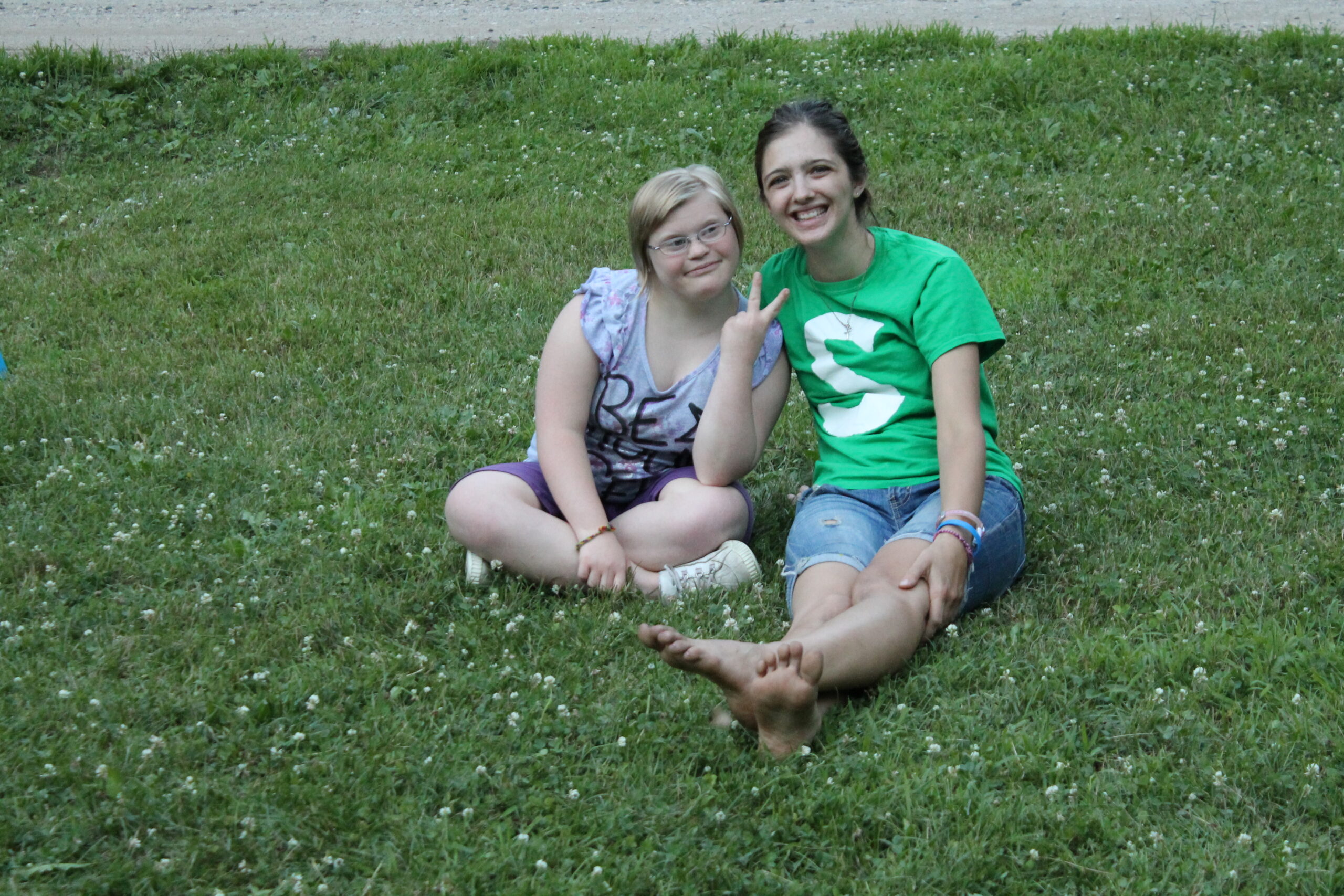Autism
As members of the body of Christ, people who are autistic bring gifts to the faith community. However, their gifts are often overlooked. As the family of God, we are called to accept one another with openness, joy, and kindness. It is in mutuality that we learn to appreciate each other and grow together in the Spirit.
All people want to have friends. Many people who are autistic are lonely and feel marginalized. When someone takes the time to get to know a person who is autistic, everyone benefits. Church leaders can model autism acceptance, as well as provide opportunities and encouragement for friendships to grow, both inside and outside of the church building.
Autistic people vary widely in intellectual ability. Some are intellectually disabled and some are not. They often have specific interests about which they have expertise and feel passionate. These interests are varied and can change. Examples could be cars, comic book characters, Legos, movies, music, trains, art, or meteorology.
People who have autism can be emotionally sensitive and pick up on feelings of the people around them quickly. It’s good for leaders to stay calm and flexible, so the emotional environment feels manageable. Stimming, repetitive sounds or movements (fidgeting, rocking, leg bouncing), can be a way of either expressing or regulating emotion. Masking, trying to appear non-autistic in order to blend in and be accepted, is common, especially in girls and women. Outward appearance does not always reflect the inward reality.
Tips for Accommodating People with Autism
For Congregations
- Normalize movement, including the need to stand up, walk around, leave the room, and come back.
- Normalize “stimming,” including repetitive movements and sounds.
- Have sensory aids available in worship and classrooms, such as fidgets, weighted lap and shoulder pads, wobble cushions, noise-reducing headphones, etc.
- Normalize other forms of keeping hands busy, such as knitting, crocheting, or other crafts.
- Create a sensory room. People who are overwhelmed by sound, smells, sights, or large groups of people can take a break and regain calmness and re-charge their energy.
- Include autistic people in leadership in worship, Christian formation, and other ministries of the church.
- Make an effort to discern each person’s particular gifts and employ them.
For Individuals
- Do not gaze directly in someone’s eyes if they seem uncomfortable. Focus on their ear or their shoulder while you are speaking with them to lessen the intensity. Do not force autistic people to look at your face.
- Take the time to make conversation with autistic people. It may take patience and repeated effort to create a relationship. Many have been hurt and find it hard to trust.
- Always presume intelligence, even if the person is non-speaking. They may not speak to you but they can understand you. Some people experience selective mutism which means they are not able to speak when they are stressed. Don’t assume that someone who is stressed is refusing to answer your question.
- Learn about an autist’s special interest; ask them about it, then take the time to listen and appreciate their knowledge and joy. Ask them on a social outing related to their interest.
- Work on a project (meal prep, decorating, service) together to build relationships. Choose an activity that does not require face-to-face interaction. Invite others to help you or serve with you.
- Accept that many autistic people are direct in their questions and opinions. Appreciate their honesty, simplicity, and transparency without taking offense or ridiculing.
Resources
Resources from Others
Autism Definitions & Terminology
- Identity-First Language An article from Autism Self-Advocacy Network with links to different perspectives about the language used for autistic people. Many autistic self-advocates prefer identity-first language (autistic person or person who is autistic). Parents, caregivers and teachers often prefer person-first language (person with autism). ADN uses both ways but usually defaults to identity-first language, out of respect to the majority of autistic self-advocates.
- Why the Autism Wheel is replacing the Spectrum: “Autism Spectrum” is becoming a less commonly used term because the spectrum is not a continuum with two ends (low functioning to high functioning) but a wheel/pie chart with many different potential characteristics.
- Misdiagnosed And Misunderstood: an interview with NeuroTribes author Steve Silberman that explains the history and current understandings of autism.
Recommended Reading
- Life on the Spectrum: Faith. Hope. Love. Autism. by Deborah Abbs, Kelli Ra Anderson and Kevin R. O’Brien. “No matter who we are or where we come from, autism has taken us on a common journey. Our faith has given us a common hope. We are different – black, white, male, female – but we all have children with autism. These are our stories: our struggles, our failures and triumphs, our parenting, our faith and a bit of everything in between. Along the way we realized we are not alone. Our lives, though not the ones we imagined, have given us new purpose and meaning. Our children have something unique and beautiful to offer the world. And to us.”
- The Reason I Jump: The Inner Voice of a Thirteen-Year-Old Boy with Autism by Naoki Higashida.
- Aspergirls: Empowering Females with Asperger Syndrome by Rudy Simone. Autistic girls and women are under-diagnosed because they present differently than boys and men. This is a good basic resource with a chart of characteristics in the back.
- Social_Ramps_The_Principles_of_Universal_Design_Applied_to_the_Social_Environment. An excellent article by Jeff McNair about the need to create social ramps, just as we have created wheelchair ramps, to increase access to social conversation and relationships.
Other Organizations
- Thinking Person’s Guide to Autism: a website of news and resources from autistic people, professions, and parents.
- Autistic Self Advocacy Network
Your Stories
-

The Future is Unknown
A song by Ann Hamlin acknowledges her anxiety of a future after her caregivers pass away.




